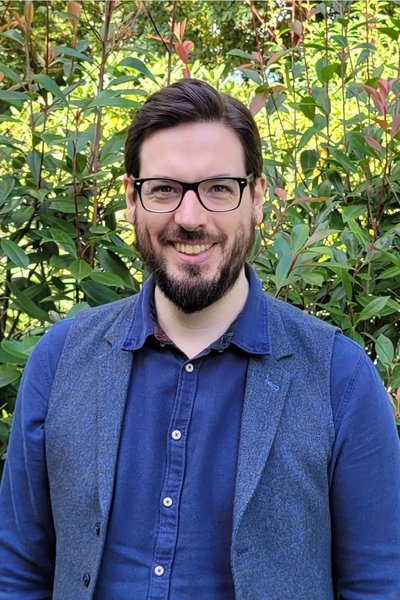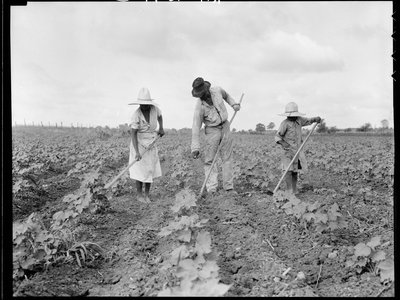Working Title: "The Only Laboring Class We Have" – Planter Class and Freedmen's Bureau during early Reconstruction in Louisiana, 1864-1868
After the end of the American Civil War the federal government saw itself confronted with the monumental task of not only rebuilding a devastated southern economy and averting a humanitarian disaster, but also realizing both abolition and emancipation. It had to re-integrate the southern states formerly in insurrection politically, socially and economically into the Union. It had to establish a new social order, integrating around 3.9 million former enslaved, the Freedmen, as a whole new class of people into a hostile society. The organization created to manage and promote this aspect of Reconstruction was the Bureau of Refugees, Freedmen, and Abandoned Lands.
This dissertation explores the interactions between the planter elite, the Freedmen and the Freedmen’s Bureau. It asks how people, whose culture and lifestyle depended so much on slavery that they were willing to wage a civil war for its preservation, reacted to its sudden loss and with it their socio-economic basis. Furthermore, it examines how Freedmen used and defended their new rights and what role the victorious federal government, represented by the Freedmen’s Bureau, played within the new social order. Louisiana offers an ideal focus for this research due to its high ethnic diversity, its significant antebellum free Black population and its early occupation by federal troops. As part of Subprojects A02: “Property in one’s own body and in the bodies of others in the United States between the eighteenth and twentieth century”, the dissertation will be integrated into the Collaborative Research Center Transregio SFB 294 Structural Change of Property.
Since the Freedmen’s Bureau was not only the designated intermediary between the planter, Freedmen and Washington, but acted as a civil authority subordinate to the War Department as well, it kept an “extensive military system of record keeping and accountability”. Those documents form an almost ideal basis for this dissertation project. The focus of the analysis will lie in the employment contracts between plantation owners and Freedmen, since these documents provide an insight into how both sides created and shaped the realities of their new relationship. However, in order to cover the extreme cases of social interactions, documents about complaints, murders and other acts of violence as well as data from the Mapping Occupation Project are also subjected to statistical analysis. As mentioned, the dissertation project will be temporally limited to the active phase of the Freedmen’s Bureau, 1864-1868, and geographically to the state of Louisiana. The Bayou state is not only due to its highly diverse population, even by US-standards, particularly interesting for this project. Due to the early conquest of the city of New Orleans and the occupation of larger parts of the state around 1863, one can say that the Reconstruction in Louisiana began much earlier than in the rest of the South. In addition, a significant, almost unique minority of free, Black citizens lived in Louisiana during the antebellum period, some of whom even had slaves themselves, which gives the interaction of the social groups another, extremely exciting dimension.

